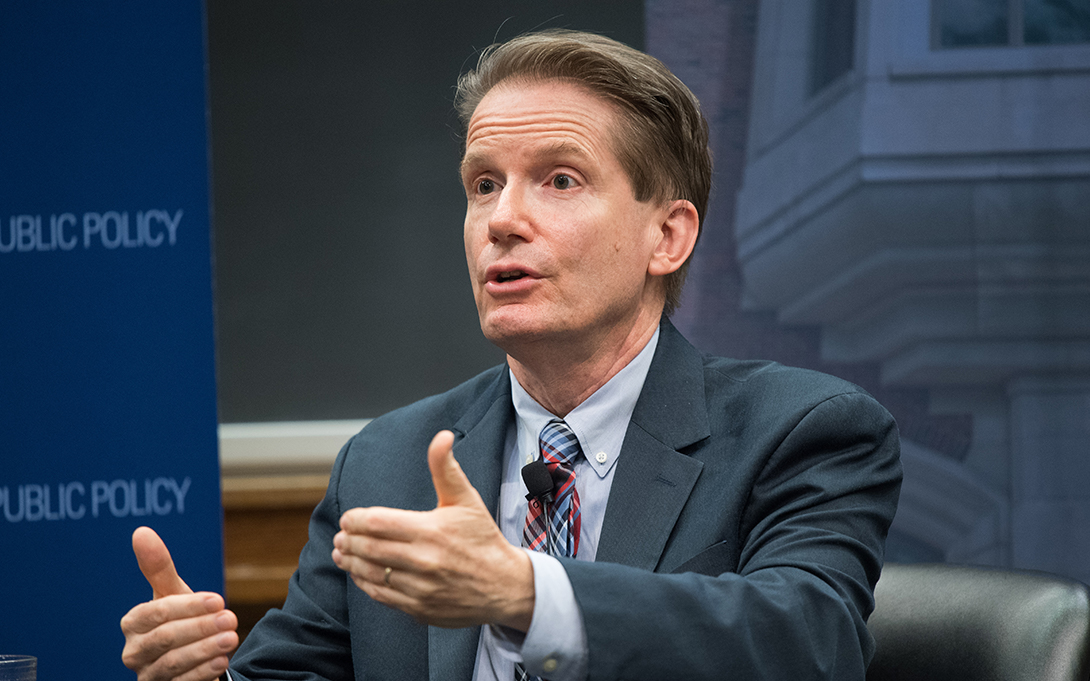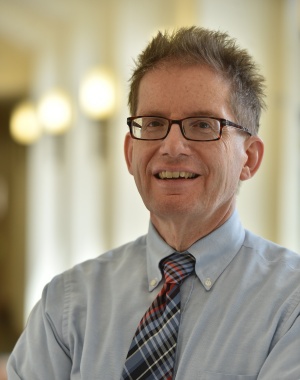
Representing a new line of research, Ford School professor Barry Rabe explores the politics around taxing methane gas releases. Rabe argues that consensus among economists is “the best way to reduce climate risks linked to carbon dioxide emissions is to tax them.” In an article published in the Review of Policy Research, Rabe explores if the same logic holds for methane. Methane, a greenhouse gas that is more potent than carbon dioxide, accounts for about a quarter of the net human effect on the climate. In the United States, the largest source of methane emanates from energy-sector releases.
In “Taxing Flaring and the Politics of State Methane Release Policy”, Rabe and co-authors Claire Kaliban and Isabel Englehart, assess whether or not states use taxes or other market-based actions to limit the methane releases generated through oil and gas production.
Their analysis finds that no other energy-producing state, other than Alaska, has been successful in creating a methane reduction policy. Modeled after Norway’s example, Alaska, decades ago established a combination of tight methane flaring regulations and fees in oil and natural gas production. Now, the state officials report similar flaring rates to those of Norway. In exploring a path forward, the authors suggest the potential political and financial benefits of a federal methane tax policy in coordination with a broader carbon pricing regime.
The Niskanen Center recently posted Rabe’s commentary that explores the idea of using a traditional state tax authority and extending it to methane.
To read the full article “Taxing Flaring and the Politics of State Methane Release Policy” in the Review of Policy Research, go here.
To read Professor Rabe’s commentary on taxing flaring and the politics of methane, go here.
Barry Rabe is the J. Ira and Nicki Harris Family Professor of Public Policy at the Ford School. He is also the Arthur Thurnau Professor of Environmental Policy, with courtesy appointments in the Program in the Environment, the Department of Political Science, and the School for Environment and Sustainability. A non-resident senior fellow at the Brookings Institution, Barry directed the Ford School's Center for Local, State, and Urban Policy (CLOSUP) from 2012-2019 and was a visiting fellow at the Woodrow Wilson International Center for Scholars in 2015. His research examines climate and energy politics, and his most recent book, Can We Price Carbon? (MIT Press) was released in 2018. He has received four awards for his research from the American Political Science Association, including the 2017 Martha Derthick Award for long-standing impact in the fields of federalism and intergovernmental relations. In recent years, Barry has chaired the Assumable Waters Committee of the U.S. Environmental Protection Agency and has served on recent National Academy of Public Administration panels examining the Departments of Commerce and Interior as well as the Oklahoma Corporation Commission. He is currently a member of the U-M Carbon Neutrality Commission.
